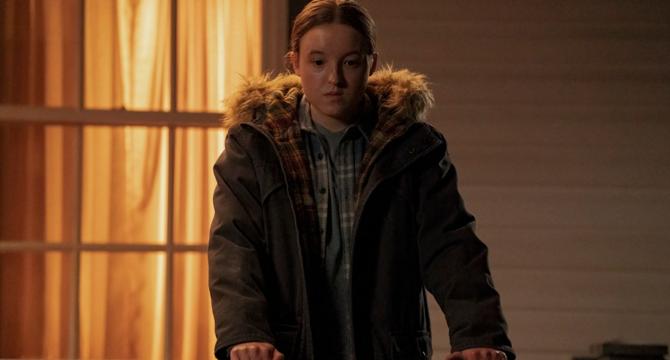Polygon
3d
187

Image Credit: Polygon
The Last of Us season 2 failed Ellie in service of safe TV
- The TV adaptation of The Last of Us series fails to capture the essence and character development of Ellie Williams from the video games.
- While initially hopeful, the show's portrayal of Ellie in season 2 is criticized for infantilizing her character and diverging significantly from the game version.
- The game's portrayal of Ellie as a hardened, capable survivor contrasts sharply with the show's depiction of her as impulsive and naive, often endangering those around her.
- Ellie's storyline in the show, focusing on her revenge quest for Joel's death, is seen as unbelievable due to her inconsistent and tactless decision-making.
- The show's emphasis on Ellie's parenthood and familial themes lacks depth and fails to align with her established character development in the games.
- Narrative changes in the show raise concerns about Ellie being portrayed as less competent and ruthless compared to her game counterpart.
- The show's deviation from Ellie's original character undermines the portrayal of a complex and morally ambiguous protagonist, opting for a simplified and less impactful interpretation.
- Critics argue that the show's reluctance to delve into Ellie's darker and more conflicted traits results in a watered-down and less engaging depiction of her character.
- The Last of Us fans express disappointment over the show's failure to do justice to Ellie's character evolution, preferring a more nuanced and faithful adaptation.
- The divergence between the game and TV versions of Ellie highlights the challenges of translating interactive and layered storytelling into a passive viewing experience.
Read Full Article
11 Likes
For uninterrupted reading, download the app